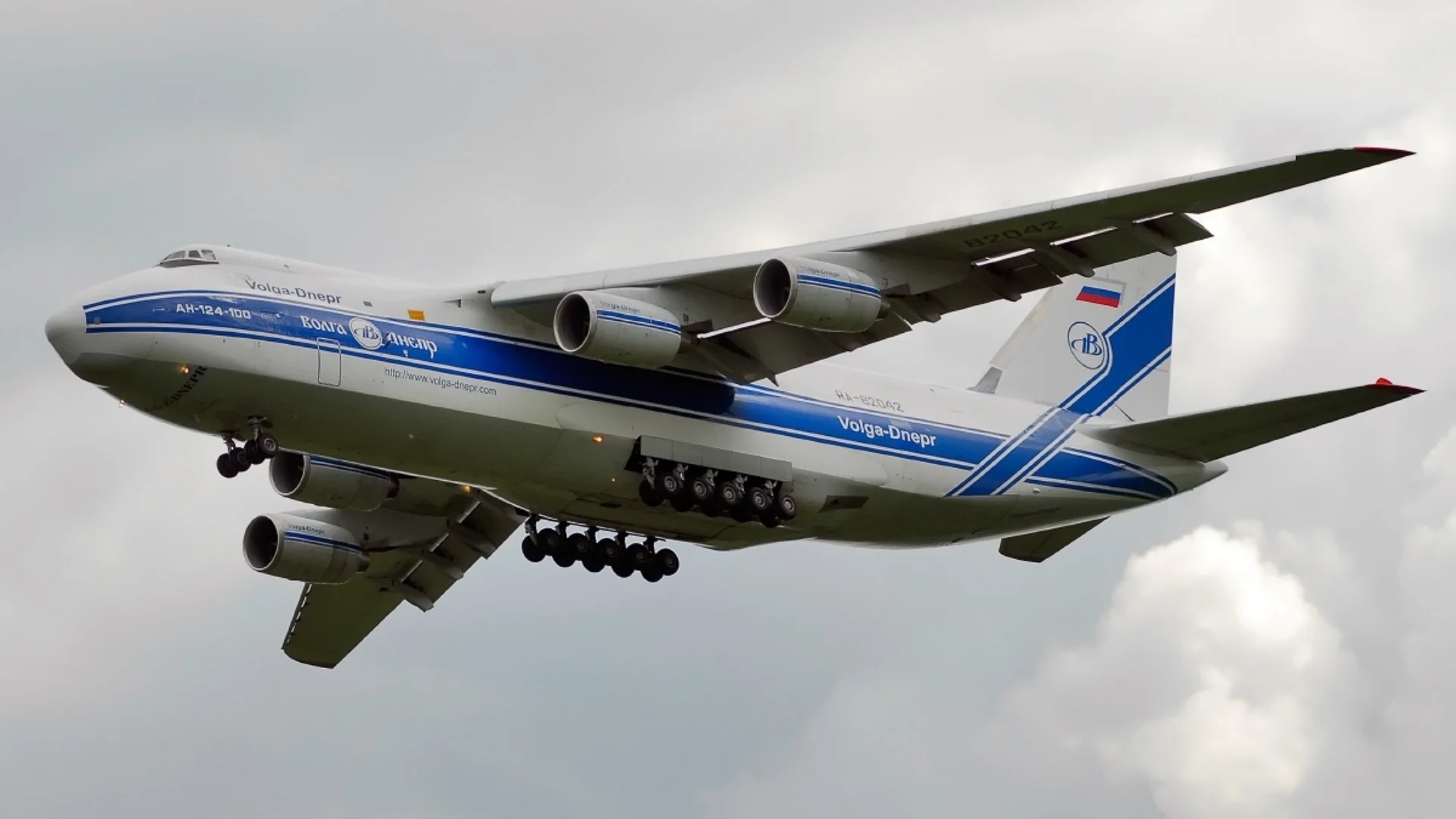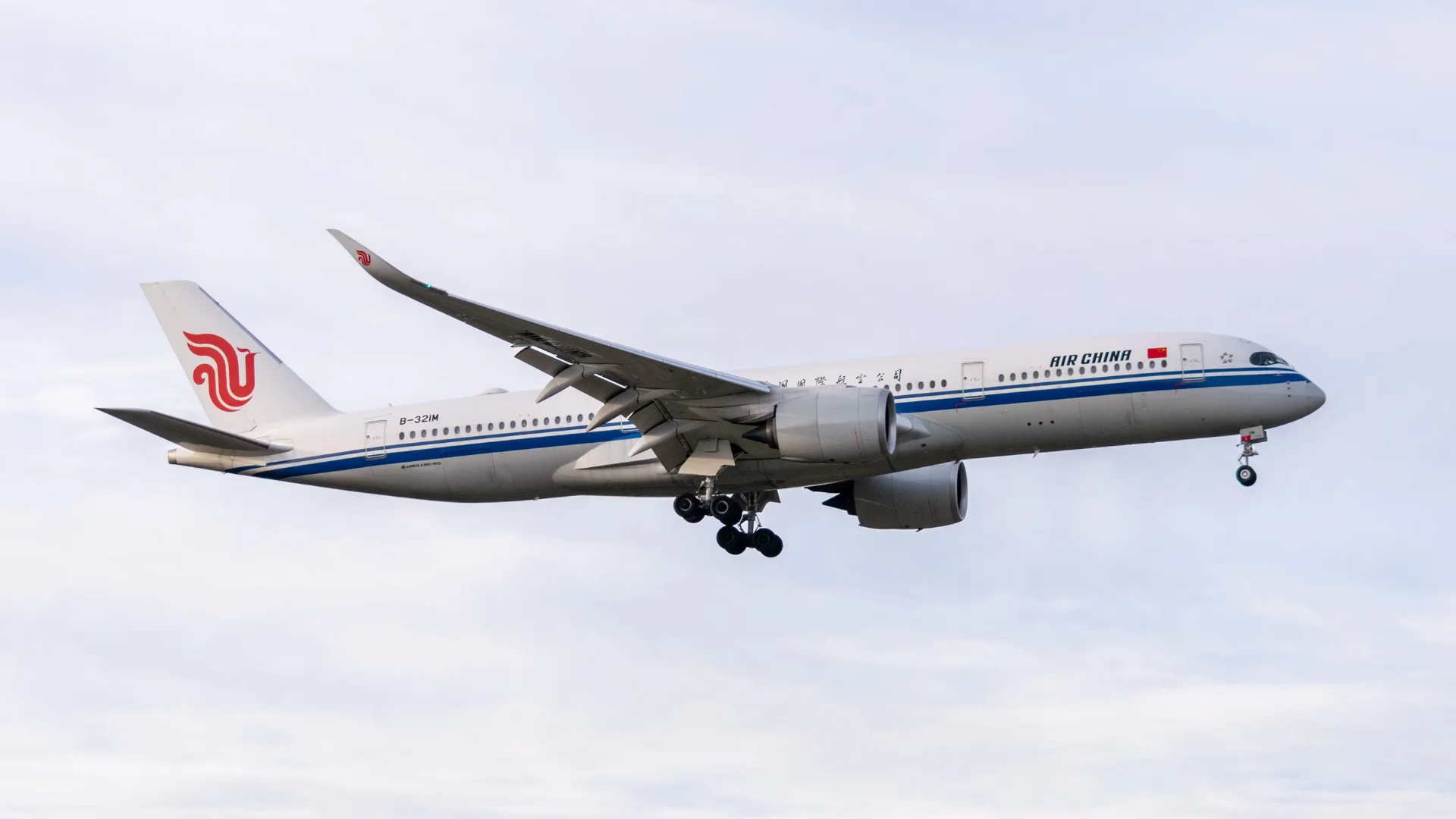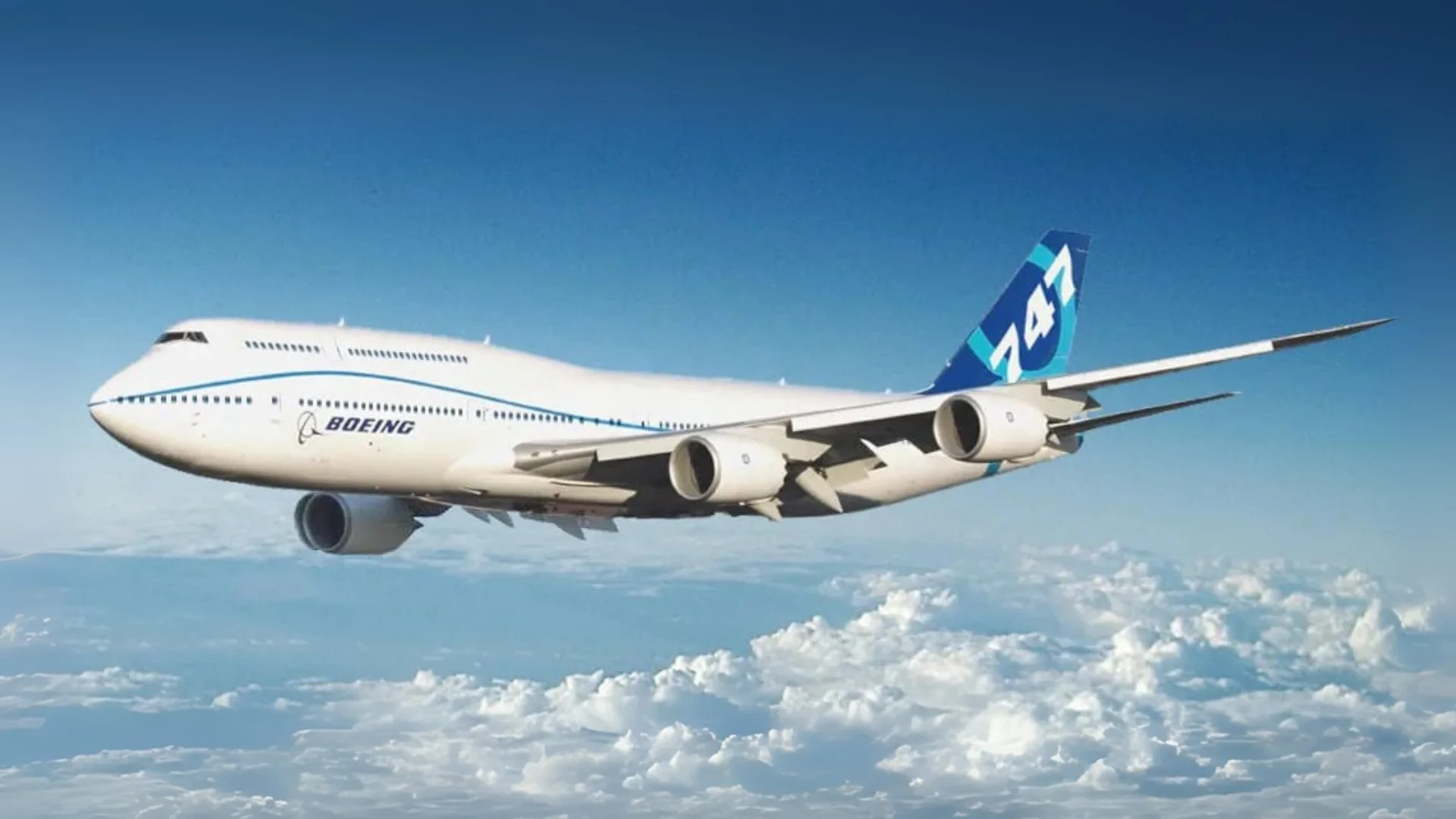Air Canada has reported significant disruptions to its flight operations due to severe weather conditions and an incident involving a Delta Connection aircraft at Toronto Pearson International Airport. The airline had to cancel approximately 1,290 flights over the past week as a result of these external factors.
On February 18, Air Canada informed its customers that a winter storm affecting Eastern Canada, combined with the Endeavor Air CRJ900 crash at Toronto-Pearson, led to these cancellations. Craig Landry, executive vice president and chief operating officer of Air Canada, expressed concern for those involved in the February 17 incident: "Our thoughts remain with that flight's customers and crew."
Landry acknowledged that the incident added to existing challenges caused by adverse weather conditions in Eastern Canada. He emphasized the importance of safety: "We recognize that travel disruptions are inconvenient for customers, but safety must always be our top priority, and sometimes ensuring safe travel requires slowing down and adapting to conditions."
 Alerts Sign-up
Alerts Sign-up







